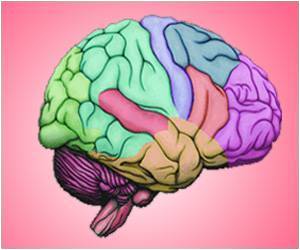
‘Both speaking and hearing words make the words more personal and thus increases their chance of getting retained the mind and helps boost overall memory retention.’
Tweet it Now
It is because both speaking and hearing words make the words more personal and thus increases their chance of getting retained in the mind. "The study confirms that learning and memory benefit from active involvement," said Colin M. MacLeod, professor at the University of Waterloo, Canada.
"When we add an active measure or a production element to a word, that word becomes more distinct in long-term memory, and hence more memorable."
For the study, published in the journal Memory, the team tested four methods for learning written information, including reading silently, hearing someone else read, listening to a recording of oneself reading, and reading aloud in real time.
The results showed that the production effect of reading information aloud to yourself resulted in the best remembering.
Advertisement
The research was based on the previous studies showed that production effect of activities, such as writing and typing words, help boost overall memory retention.
Advertisement














